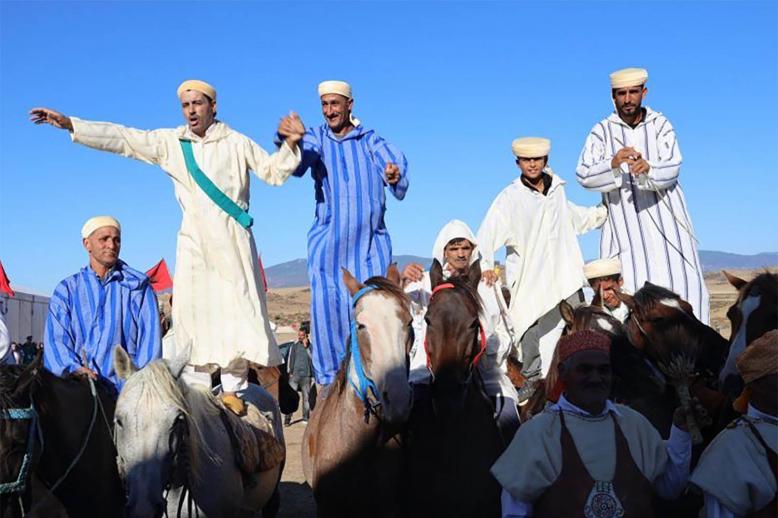Theodore Ushev, an animated artist with anti-violence ideology
MEKNES - Bulgarian-Canadian anime director Theodore Ushev said his anti-violence ideologies feature in most of his films as he explains the making of short films to the viewers at the Meknes Animated Film Festival (FICAM).
Ushev said his inspiration comes from real communication rather than watching animated films.
“I advise you to attend theatre plays which are a source of inspiration if you’re thinking of making an animated film,” Ushev said during a “Cinema Lesson” as part of FICAM's activities.
Ushev first made a name for himself as a poster artist in his native country before he moved to Montreal in 1999 where he worked in the multimedia industry and then found fruitful creative soil at the National Film Board of Canada, making more than 10 films to date.
In the Academy Award-nominated short film “Blind Vaysha” (2016), Ushev highlighted both the past and the future through Vaysha’s contrasting eyes, but somehow she can’t experience the present.
Ushev said that he started the film project at Fontevraud Abbey in France, where he worked for a month on the story and was inspired by medieval drawing.
“I got inspiration for my paintings from the Abbey's architecture and the landscape during my stay in Maine-et-Loire while the design of the film's main character was influenced by paintings of Eleanor of Aquitaine,” he said.
Ushev said he used the stereoscopy technique in making the film, which enhances the illusion of depth in his drawings.
“Nightingales in December” (2011) short is a metaphorical surrealist tale that is based on pure illusion drawn on vinyl and immaculately cut together.
“It’s a film against violence. I don’t like violence against people, animals …,” said Ushev.
As for his animated short “Lipsett Diaries” (2010), which depicts the maelstrom of anguish that tormented Arthur Lipsett, a famed Canadian experimental filmmaker who died at the age of 49 after falling into depression and madness, Ushev explores the images through a series of images and sounds taken from Lipsett's own work.
Ushev also expressed his political activism through a short “Joda” (2012), which was nominated for the 2013 Jutra Prize for Best Animated Short or Medium Film, upon an invitation from Marcel Jean, director of the Cinémathèque Québécoise to make a short film to pay tribute to Iranian filmmaker Jafar Panahi who was arrested in Iran for obscure political reasons.
“Joda is film that supports freedom of expression and fights political ideologies and propaganda,” he said.
The filmmaker’s animated short “Tower Bawher” (2006) is filled with so many different shapes being driven to endless heights, relating to Russian art forms. It is filled with visual references to artists of the Soviet era, including Vertov, Stenberg, Rodchenko and Lissitsky.
The three-minute short is a rare style that blends rage, passion and fear accentuated by a powerful music in an era that was gripped by communism which Ushev has lived.
“Music makes my task easier in my films,” he said.
Ushev’s films have won more than 150 awards and mentions and have screened in many retrospectives.






